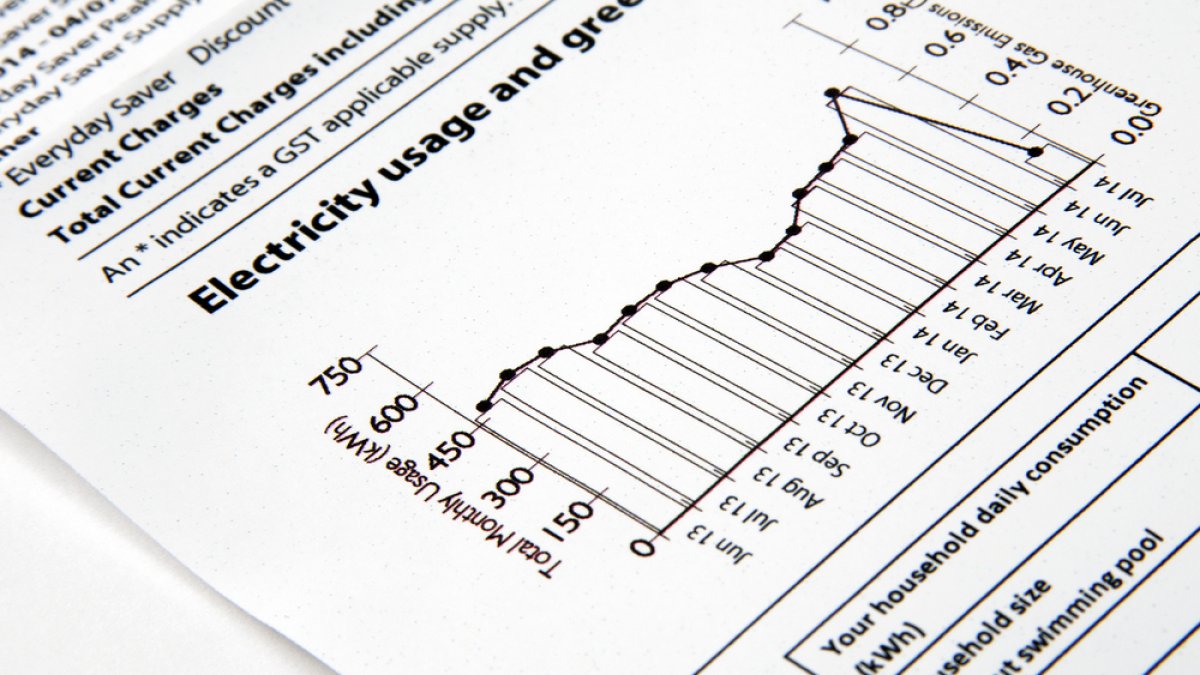NEW JERSEY – New Jersey residents with unpaid water, gas and electric bills could benefit from different state programs that would provide them with subsidies to pay their bills, reminded the Board of Public Utilities and the Department of Community Affairs at Utility Assistance Week.
During this week, which runs from April 17-21, the goal is to raise awareness of resources and programs so customers can pay their utility bills (electric, gas, water and sewer).
Payment assistance programs include:
- Universal Service Fund (USF) and Fresh Start Program (FSP): If you have a balance of $60 or more on your energy bill while enrolled in the USF program, you may be eligible for additional benefits under of the New Jersey Fresh Start program. . The Fresh Start program is a component of the USF program and is generally only available during your first year of attendance at USF. However, from October 1, 2021 through September 30, 2023, any USF recipient with an outstanding balance of $60 or more will automatically be reviewed for Fresh Start eligibility by their electric and/or gas company.
- Low-Income Home Energy Assistance Program (LIHEAP): The Home Energy Assistance Program assists very low-income residents with their heating and cooling bills, and provides services emergency heating and emergency fuel assistance under the Home Energy Assistance Program.
- Payment Assistance for Gas and Electricity (PAGE): PAGE, which stands for Payment Assistance for Gas and Electricity, is a publicly funded utility assistance program that helps low-income families through New Jersey to pay your utility bills.
- NJ SHARES (NJS)
- NJ Lifeline
- Assistance to Others (H2O) Program – Helps qualified low-income customers with a service fee rebate or grant of up to $500 to help pay bills.
- Low-Income Home Water Assistance Program (LIHWAP): A federally funded program that provides emergency assistance for overdue water and sewer bills until they run out funds.
- New Jersey 2-1-1 – Provides live assistance on a variety of energy and heating bill assistance and government programs.
These programs can help you catch up on your payments or make your bill more affordable, even if you’re not currently behind. Programs have expanded to include many more clients with higher income levels.
For more information, go here.

